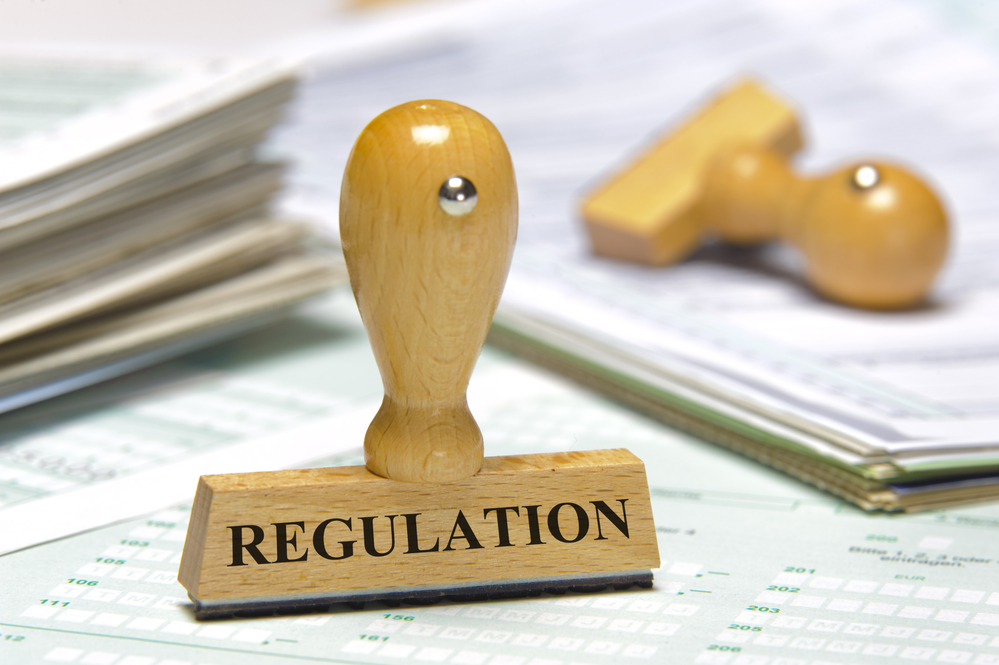Advertising - Econlib
Economic analysis of advertising dates to the 1930s and 1940s, when critics attacked it as a monopolistic and wasteful practice. Defenders soon emerged who argued that advertising promotes competition and lowers the costs of providing information to consumers and distributing goods. Today, most economists side with the defenders most of the time. Advertising comes in […]| Econlib


